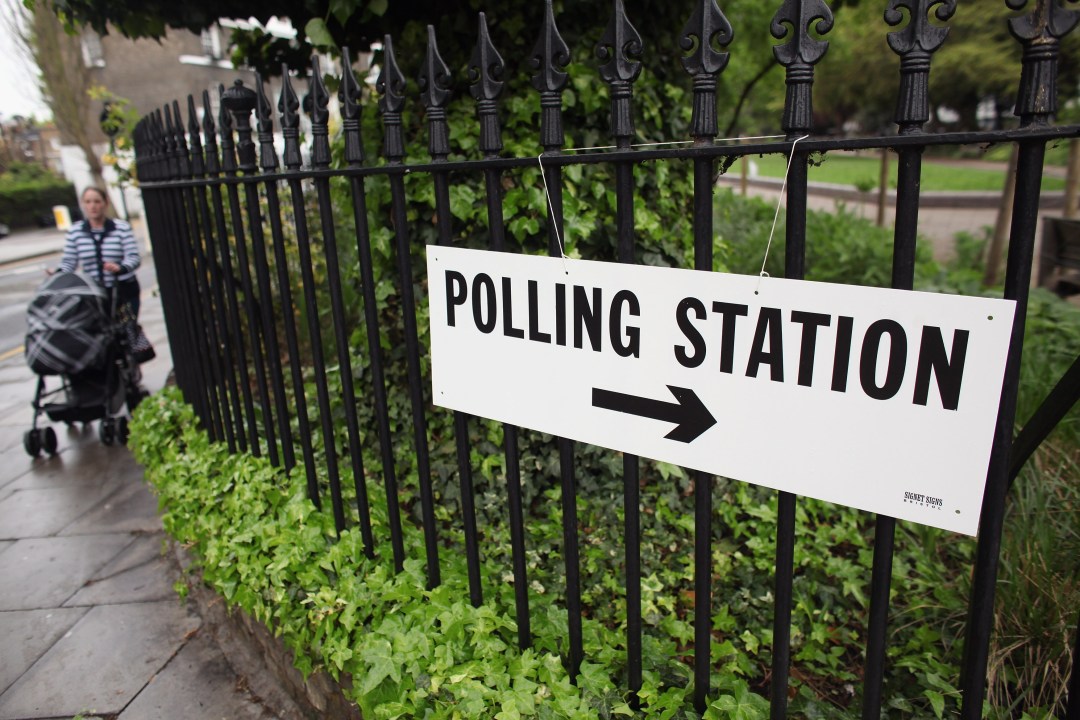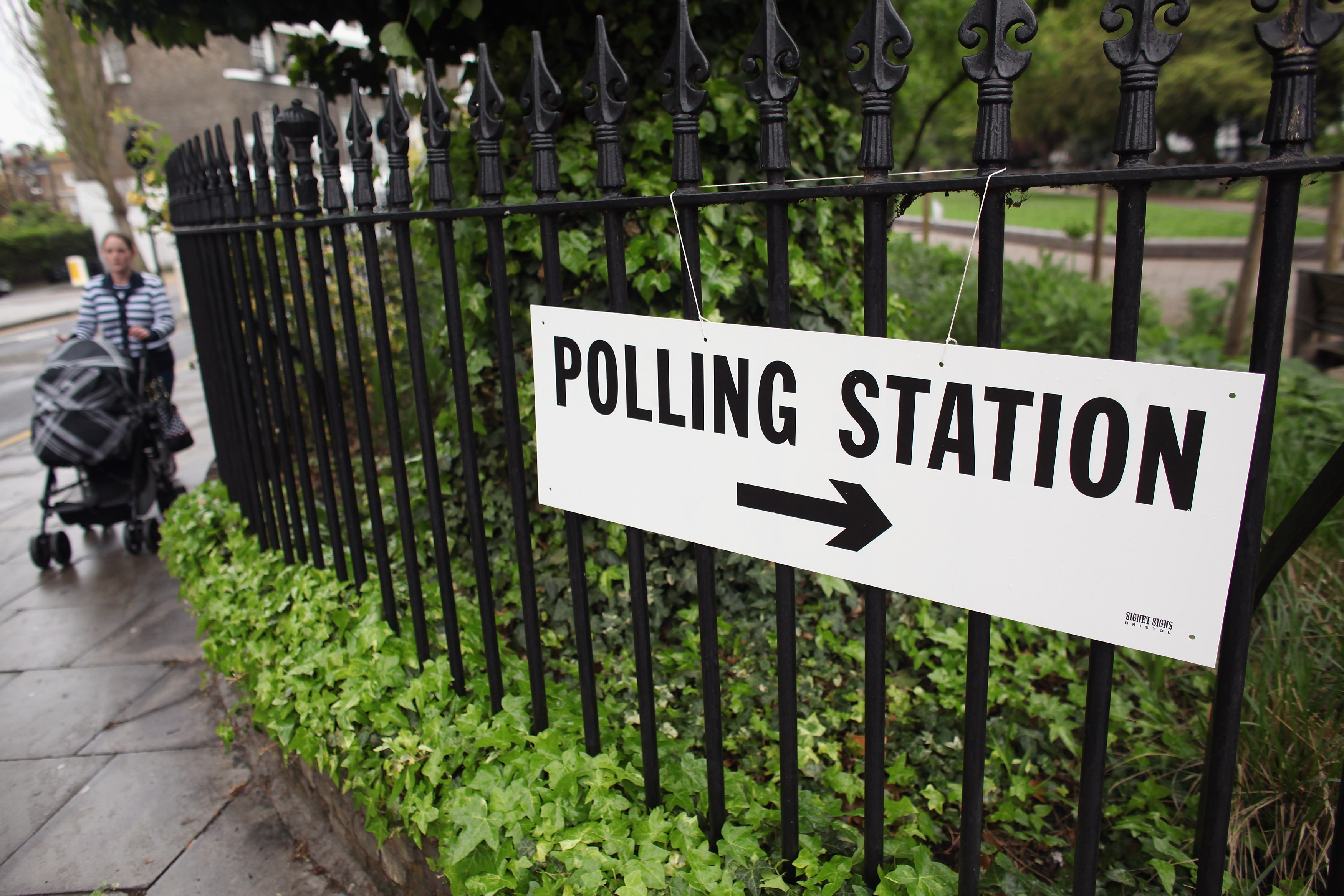This week will see the biggest set of polls in UK history outside of a general election. Contests are under way in Wales, Scotland, London and in the various mayoral, local and PCC elections across Britain as part of a so-called ‘Super Thursday.’ But while past election nights have been met with the chimes of the BBC’s Arthur theme and a Dimbleby fronting hours of programmes, Covid means there will be no all-night television special.
Whereas normally all results are in by midday Friday, this year it will take longer to verify and count the votes than it has done in previous elections. This is due to both reduced staff numbers to allow for social distancing and the high number of polls taking place in some areas. Each individual returning officer will make their own decision on when the counts will be held for their area.
In England, most local authorities will start the count process on Friday, but different areas will be counting different polls at different times, with some counts scheduled to take place over the Saturday, Sunday and Monday too. In London, the Greater London returning officer has confirmed that all constituencies for the Assembly and Mayoralty will be counted over Friday and Saturday, starting at 9 a.m. on Friday and 8 a.m. on Saturday.
Expected timings for key marginals identified by election experts Rallings and Thrasher include:
England
- Hartlepool by-election. Billed as Keir Starmer’s first big test, polls suggest this Red Wall seat is set to return its first Tory MP since 1959. Polls close at 10 p.m. on Thursday followed by the voting verification process with a result for the constituency being expected no earlier than 4 a.m. on Friday. Local council results here should follow shortly at around 5 a.m. or 6 a.m. the same day.
- Northumberland County Council is currently No Overall Control. The Tories, Labour and the Liberal Democrats have all had spells as the largest party here since it was created in 2008 with none yet to win a majority. Labour hopes to reverse 2017 losses in places like Bedlington and Prudhoe. It should be one of the first key councils to have all seats declared, with officials aiming for completion by around 4 a.m. Friday.
- Nuneaton and Bedworth council covers a number of marginals with elections held here every two years. It is currently under No Overall Control but could go red or blue with vote counting set to begin at 1 a.m. and being completed by 5 a.m. Friday.
- Derbyshire County Council is aiming for a result by Friday afternoon at 4 p.m. Another ‘red wall’ test of Labour’s post-2019 recovery, this area has a history of switching between the two major parties. In 2017 a 10-point swing from Labour to the Conservatives saw a near 20-seat turnover between them.
- Barnsley Council estimates its full declaration time will also be Friday 4 p.m. A rock-solid red area, having been Labour since its creation in 1973, results here will nevertheless give an indication as to how Labour is performing under Starmer.
- Bury Council has a narrow Labour majority but the Tories gained both Bury seats at the general election. A few Labour held wards look vulnerable but the Conservatives only challenge here in exceptional years. The count here will be on Friday afternoon, starting at 2 p.m. with results expected to come through between 4 p.m. and 6 p.m.
- The Tees Valley mayoralty is expected to be declared at 7 p.m. on Friday. One of the ‘big three’ contests alongside Hartlepool and the West Midlands, Ben Houchen’s re-election here would signal the Tory ascendancy here is far bigger than Brexit.
- Wakefield council’s elections last year were delayed due to Covid. One third of the 63 seats here are up for grabs and given these include Normanton in Yvette Cooper’s constituency. Results are expected to be declared by 9:30 p.m. on Friday.
- The West Midlands mayoralty is between incumbent Andy Street and former Labour cabinet minister Liam Byrne. First preference votes should be in by 2:30 p.m. with counting for second preferences not expected to be completed before 4:30 p.m. Other mayoral results expected on Saturday include contests for Bristol, Greater Manchester, Liverpool City Region, London, North Tyneside, Salford and the West of England.
- Worthing Borough Council votes will be counted from Sunday morning with results expected sometime in the afternoon. Labour won no seats at all here in 2016, but five in 2019 as the influx of younger, professional voters began to have an impact. The Conservative majority here could fall for the first time since 2003 if a similar performance is repeated in wards like Central, Heene and Selden.
Scotland
Provisional dates suggest 47 constituency MSPs will be confirmed on Friday with the remaining 26 expected on Saturday. The key contests include the following:
- Dumbarton where Scottish Labour stalwart Jackie Baillie faces a tough challenge from the SNP to keep the seat she has held since its creation back in 1999. Having clung on last time by just 109 votes, Baillie was lionised by unionists for her forensic questioning during the Salmond inquiry. This key marginal is expected to declare between 6 to 7 p.m. on Friday.
- Edinburgh Central has played host to a hard-fought contest between the SNP and Scottish Tories in the seat currently held by Ruth Davidson who is standing down. Angus Robertson, the former SNP former Westminster Leader is bidding to overturn Davidson’s narrow majority of just 610 votes. The SNP needs to win this seat if it is to guarantee a pro-independence majority in the next parliament. Vote counting here is expected to begin at 9.30 a.m. on Friday but with fewer people counting than normal due to restrictions, officials think it may take between 8-10 hours.
- Moray will give an invaluable insight into whether the Scottish Tory vote is holding up in their north east stronghold. Party leader Douglas Ross represents this seat in Westminster but in 2016 the SNP won it here with an 8.6 per cent majority in the Holyrood elections. The announcement here is expected at a similar time to Edinburgh Central on Friday afternoon.
Wales
The Senedd count will start at 9 a.m. on Friday with all expected to declare by the end of the day. The elections will see 60 people selected as Members of the Senedd – 40 as constituency MSs and 20 to represent Wales’ four regions. Regional results could therefore be pushed into Saturday as they are dependant on what happens in the constituencies. Key races to watch include:
- Brecon and Radnorshire is the last constituency held by the once mighty Liberal Democrats. The party dominated Welsh politics for many than a century but is now fighting for survival. Kirsty Williams has spent five years serving as education minister in successive Labour governments. If she loses her seat, the party’s only hope is one on the regional list. Otherwise the bleak prospect of a wipe out beckons and the first national election in Wales where the Liberal party, the Liberal Democrats or its predecessor parties have failed to win a seat.
- Aberconwy sees incumbent Tory Janet Finch-Saunders attempting to fight off a tough Plaid Cymru challenge. The Conservatives have held this seat for a decade but with a majority of just 754 there’s a real risk of Plaid making ground here as part of its efforts to make inroads into the key north Wales battlegrounds.
- Llanelli is where sitting Labour MS Lee Waters has a wafer thin majority of just 342. The most marginal seat in the Senedd, it is situated in the Mid and West Wales region and will serve as a useful test case as to whether Labour can hold off its nationalist rivals in spite of what Plaid leader Adam Price calls a ‘deep yearning for change.’
All timings may be subject to change and are based on estimates from local returning officers.








Comments